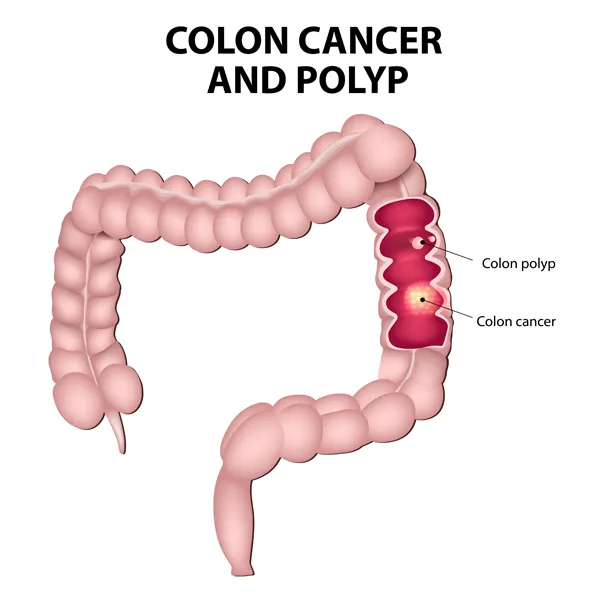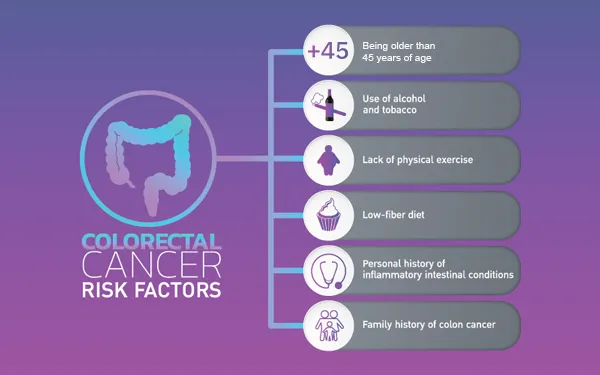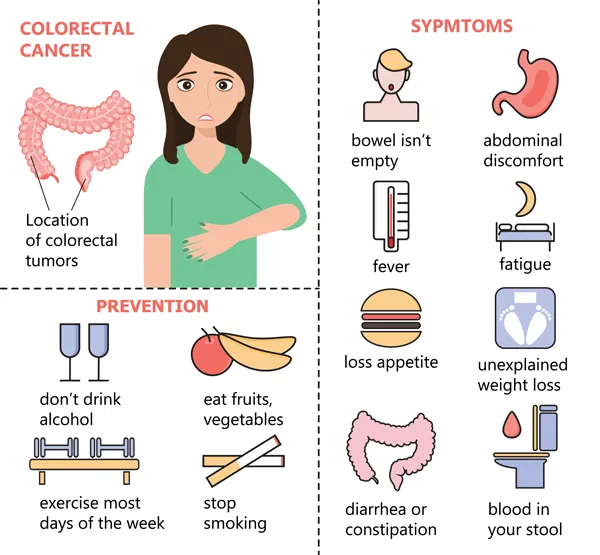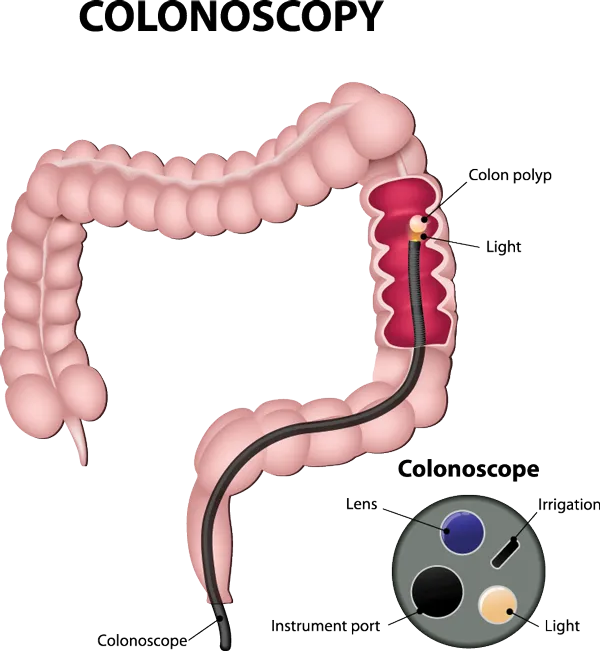COLORECTAL CANCER IS THE 2nd LEADING
CANCER KILLER IN OUR COUNTRY…
YET, IT DOESN’T HAVE TO BE!
If caught early, colorectal cancer can be very treatable.
What is Colorectal Cancer in Flemington and Hillsborough, NJ?

How common is Colorectal Cancer?
Excluding skin cancers, colorectal is the 3rd most commonly diagnosed cancer in both men and women in the United States ¾ it’s 3rd to lung and prostate cancers in men, and lung and breast cancers in women.
It is the 3rd leading cause of cancer-related deaths in men and in women, and when men and women are combined, it is the 2nd leading cause of cancer-related deaths in our country. Approximately 150,000 new cases of colorectal cancer are diagnosed each year.
Who gets Colorectal Cancer?
Colorectal cancer occurs most often in people over the age of 45. Your risk increases with age. HOWEVER, ANYONE of ANY AGE can be affected by colorectal cancer, and BOTH MEN and WOMEN get colorectal cancer. About HALF of all colorectal cancer diagnoses are made in people UNDER the age of 66. According to the American Cancer Society there has been a 51% RISE in colorectal cancer among those under 50 since 1994. Disturbingly, these younger adults were more likely to be diagnosed with late-stage cancers.
What are the risk factors for developing Colorectal Cancer?

- Anyone of any age can develop colorectal cancer. You do not need to have a family history. Colorectal cancer is the 3rd most commonly diagnosed cancer in both men and women in the United States.
- Age (being older than 45), although in recent years there has been a noticeable rise in colon cancer diagnoses and colon cancer deaths among younger populations, meaning those under 45!
- Gender (with males being at slightly increased risk compared with females)
- Race (with African Americans being at increased risk)
- Being obese or overweight
- Leading an inactive or sedentary lifestyle
- Consuming a diet high in red meats (like beef, pork and lamb), processed meats (like hot dogs and lunchmeat), and processed foods
- Smoking tobacco
- Drinking alcohol (moderate to heavy alcohol consumption increases your risk)
- Having a family history of colorectal cancer and/or adenomatous polyps
- Having a personal history of adenomatous polyps
- Having a personal history of certain types of cancers (such as breast, testicular and prostate)
- Having a personal history of Inflammatory Bowel Disease or IBD (such as Ulcerative Colitis or Crohn’s disease)
- Having a personal or family history of a genetic syndrome such as Familial Adenomatous Polyposis, Lynch Syndrome, and Juvenile Polyposis
What are the symptoms of Colorectal Cancer?

Especially initially, patients may be asymptomatic. Symptoms may include:
- Blood in the stool
- A change in bowel habits from what was previously normal for you (new constipation, thin stools, stools that are harder to pass, anal leakage, incontinence, etc.)
- The sensation as if you can not completely empty your bowels
- Abdominal pain, cramping, fullness, gas or bloating that won’t go away
- Unintentional weight loss
- Iron deficiency anemia (This is a red flag symptom and always needs evaluated!)>
- Unexplained fatigue
- Fevers, chills, sweats, and/or night sweats
- Back pain that keeps you up at night and/or doesn’t go away.
What is interval colorectal cancer?
Please notify our office immediately if anything changes in your medical or family history, or if you develop any alarming symptoms such as rectal bleeding, a change in your bowel habits, a change in the caliber of your stools, abdominal pain, unintentional weight loss, back pain, fevers, chills or sweats, anemia or iron deficiency.
Who should be screened for colorectal cancer?
The American Cancer Society’s updated 2018 guidelines for colorectal cancer screening recommend average-risk adults 45 years of age and older undergo regular colorectal cancer screening testing with either a high-sensitivity stool-based test or a structural/visual exam (such as colonoscopy). Colorectal cancer screening guidelines from the U.S. Preventative Task Force recommend that all Americans 45 years of age and older be screened for colorectal cancer.
If you are under the age of 45 with a family history of colorectal cancer, or personal or family history of other risk factors for the disease (such as polyps, inflammatory bowel disease, Ulcerative Colitis, Crohn’s disease, or an inherited cancer syndrome) you should be screened for colorectal cancer sooner.
Individuals with a family history of colorectal cancer should begin screening for colorectal cancer 10 years prior to the age of diagnosis of the youngest affected relative, or at age 40, whichever is earlier.
African Americans should begin screening at 45 year of age, and patients OF ANY AGE with bleeding symptoms suggestive of a GI source or other alarm symptoms should be evaluated aggressively and promptly.
How can I get checked for colorectal cancer?

Several different screening tests are available. These include: stool studies to look for occult blood, stool DNA tests, sigmoidoscopy, colonoscopy, and virtual colonoscopy.
There is no single best test for everyone. Each test has its own advantages and disadvantages.
